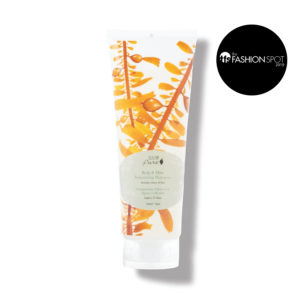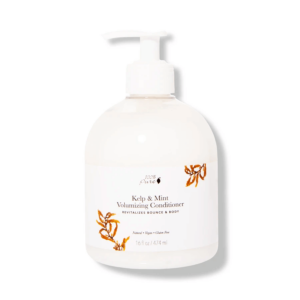Banishing the Flakes

Dandruff is a common scalp condition that affects millions of people worldwide. It is characterized by the presence of dry, flaky skin on the scalp, often accompanied by itching and irritation. Dealing with dandruff can be frustrating, but with the right knowledge and care, you can effectively manage and minimize those unwanted flakes. In this ultimate guide, we will explore various strategies and tips to help you conquer dandruff and achieve a healthier scalp.
Understanding Dandruff:
To effectively manage dandruff, it’s important to understand its causes and triggers. Dandruff is often the result of an overgrowth of a naturally occurring yeast called Malassezia on the scalp. This overgrowth can be triggered by factors such as dry skin, oily skin, hormonal changes, stress, certain hair products, and even a weakened immune system. Identifying the underlying cause can help guide your treatment approach.
Regular Cleansing:
Keeping your scalp clean is essential for managing dandruff. Regularly shampooing your hair helps remove excess oil, dead skin cells, and product buildup, reducing the likelihood of flakes. Look for shampoos specifically formulated for dandruff, containing active ingredients like zinc pyrithione, salicylic acid, or ketoconazole. Gently massage the shampoo into your scalp, allowing it to sit for a few minutes before rinsing thoroughly.
100% Pure Kelp and Mint Volumizing Shampoo

Moisturize Your Scalp:
Contrary to popular belief, dandruff is not always caused by dry skin. In fact, overly dry or dehydrated scalp can exacerbate dandruff symptoms. Therefore, it’s crucial to moisturize your scalp to maintain its health and balance. Opt for moisturizing conditioners and hair masks that are specifically designed for dry or sensitive scalps. Additionally, you can apply natural oils like coconut oil or tea tree oil to nourish and hydrate your scalp.
100% Pure Kelp and Mint Volumizing Conditioner

Avoid Triggers:
Certain factors can trigger or worsen dandruff symptoms. Avoid using hair products that contain harsh chemicals, sulfates, or alcohol, as they can strip the scalp of its natural oils and disrupt its balance. Additionally, limit the use of heat styling tools, as excessive heat can lead to a dry scalp. Pay attention to any dietary triggers, such as foods high in sugar or unhealthy fats, and consider reducing or eliminating them from your diet.
Maintain a Healthy Lifestyle:
A healthy lifestyle can contribute to a balanced scalp and reduce the likelihood of dandruff. Make sure to get enough sleep, as lack of sleep can weaken your immune system and increase the risk of dandruff flare-ups. Incorporate stress-management techniques like exercise, meditation, or yoga into your routine to minimize stress, which can trigger dandruff. Stay hydrated by drinking an adequate amount of water and follow a balanced diet rich in vitamins, minerals, and omega-3 fatty acids.
Experiment with Home Remedies:
Several natural remedies can help manage dandruff. Tea tree oil, known for its antifungal properties, can be mixed with a carrier oil and gently massaged into the scalp. Aloe vera gel, apple cider vinegar, and baking soda are other home remedies that can be used to soothe the scalp and reduce flaking. It’s important to remember that everyone’s scalp is different, so it may take some experimentation to find the home remedy that works best for you.
Consult a Professional:
If your dandruff persists or becomes severe, it’s recommended to consult a dermatologist or a trichologist. They can provide a thorough evaluation of your scalp, identify any underlying conditions, and recommend appropriate treatments. Prescription-strength shampoos, medicated creams, or antifungal medications may be prescribed to address stubborn dandruff.
Remember, managing dandruff is an ongoing process, and results may vary from person to person. Consistency and patience are key. By following these tips, maintaining a healthy scalp, and seeking professional help when needed, you can banish the flakes and achieve a healthier, dandruff-free scalp.
Always consult with a healthcare professional or dermatologist for personalized advice and treatment options.

